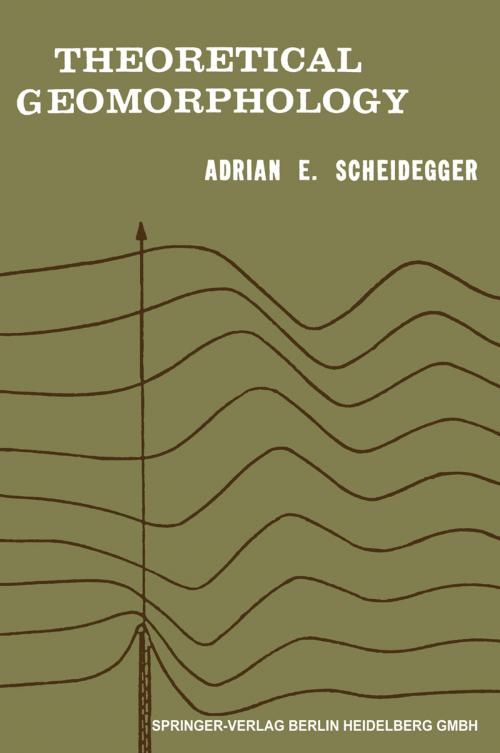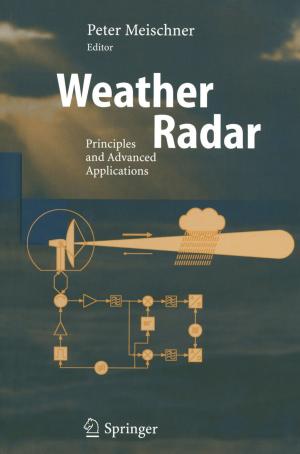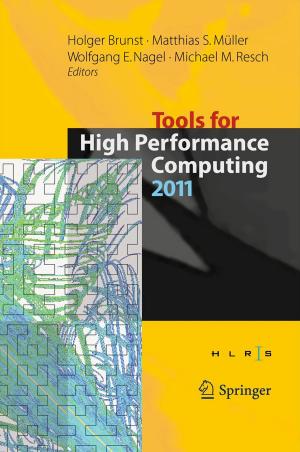| Author: | Adrian E. Scheideger | ISBN: | 9783662010341 |
| Publisher: | Springer Berlin Heidelberg | Publication: | April 17, 2013 |
| Imprint: | Springer | Language: | English |
| Author: | Adrian E. Scheideger |
| ISBN: | 9783662010341 |
| Publisher: | Springer Berlin Heidelberg |
| Publication: | April 17, 2013 |
| Imprint: | Springer |
| Language: | English |
The surface features of the Earth are commonly split into two cate gories, the first of which comprises those features that are due to processes occurring inside the solid Earth (endogenetic features) and the second those that are due to processes occurring outside the solid Earth (exogenetic features). Specifically, the endogenetic features are treated in the science of geodynamics, the exogenetic features in the science of geomorphology. I have treated the theoretical aspects of the endogenetic features in my "Principles of Geodynamics", and it is my aim to supplement my earlier book with a discussion of the theory of the exogenetic features. It is my hope that the two books will together present a reasonably coherent, if necessarily incomplete, account of theoretical geology. Contrary to endogenetic phenomena, exogenetic processes can often be directly observed as they occur: the action of a river, the development of a slope and the evolution of a shore platform are all sufficiently rapid so that they can be seen as they take place. This has the result that in geomorphology one is generally on much less speculative ground regard ing the mechanics of the processes at work than one is in geodynamics.
The surface features of the Earth are commonly split into two cate gories, the first of which comprises those features that are due to processes occurring inside the solid Earth (endogenetic features) and the second those that are due to processes occurring outside the solid Earth (exogenetic features). Specifically, the endogenetic features are treated in the science of geodynamics, the exogenetic features in the science of geomorphology. I have treated the theoretical aspects of the endogenetic features in my "Principles of Geodynamics", and it is my aim to supplement my earlier book with a discussion of the theory of the exogenetic features. It is my hope that the two books will together present a reasonably coherent, if necessarily incomplete, account of theoretical geology. Contrary to endogenetic phenomena, exogenetic processes can often be directly observed as they occur: the action of a river, the development of a slope and the evolution of a shore platform are all sufficiently rapid so that they can be seen as they take place. This has the result that in geomorphology one is generally on much less speculative ground regard ing the mechanics of the processes at work than one is in geodynamics.















